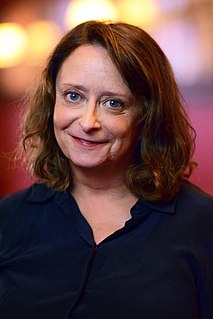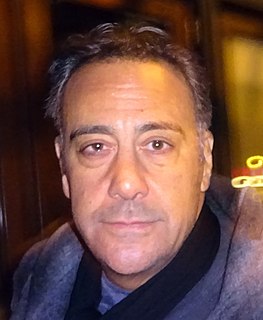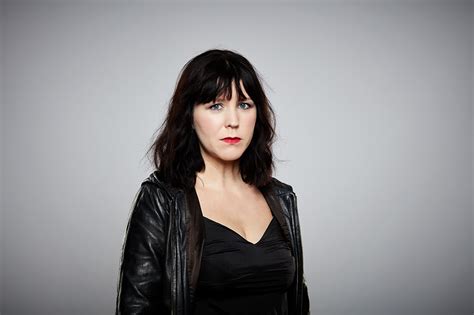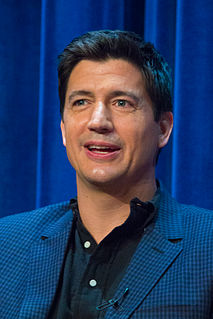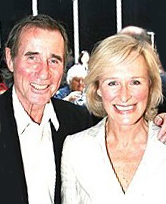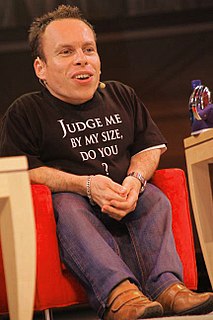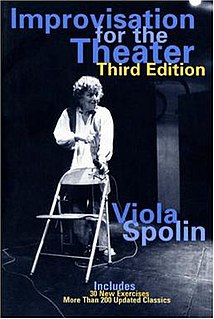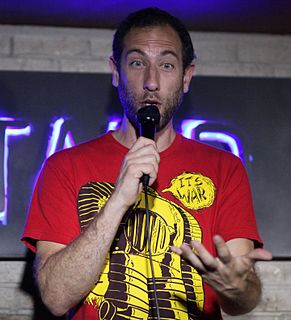A Quote by Rachel Dratch
In theater, it's just you and the audience. It's less of a popularity contest. It's just you and the audience, and they're laughing or they're not laughing, that's the only gauge you really have. But with TV and movies and everything, it's like "Well, did you get a meeting at so-and-so?" and "So-and-so's really hot right now," which is all the stuff I'm probably still not used to.
Related Quotes
I think I'm better wired for television. I love variety as far as a project. I'm easily bored and the schedule of a television show, it just keeps you going. I love theater and I think doing a sitcom in front of a live audience is the closest you can get to theater, and it's really the best mix of like standup and theater, is really a sitcom. I started as a standup and I still continue to do that as well, so I think I'm just a TV guy and happy for it. I think my movie career is kind of like my social life, I'm picky and not in demand. So it perhaps is working out.
I think one of my favorite pieces I've ever done on the show which was about Hezbollah Israel conflict in 2006 and it was very pointed. It was a beautifully crafted piece of satire and it's a weird thing to say but it had a joke in there about 9/11 and I remember the audience sort of laughing but also kind of not knowing how to respond to that joke and it was just so - and I remember the tension after we did this joke on the air and there was this palpable gasp in the audience, but they were also laughing. And I thought oh, wow, that is something that is not being said in the Zeitgeist.
The beauty of shooting on something that's not in front of an audience is that you can just cut out the times you're laughing. You can cut to the other person and try to use that moment, right before you break. There's an energy to those performances. There's a reason people were laughing. There was something very special. That little extra something was in that line delivery or in that improv, so you try to use that stuff.
Most of the time, the songs have jokes in them, little sarcastic things, or purposely kitsch or something. So that's going along with a story, like I do in life, just talking to myself and making fun of stuff and laughing at stuff that's serious. And sometimes it's a good idea to put the laughing into the songs. Sometimes it's not. Sometimes it's all right just to be serious. But most of the songs have some kind of joke in them.
